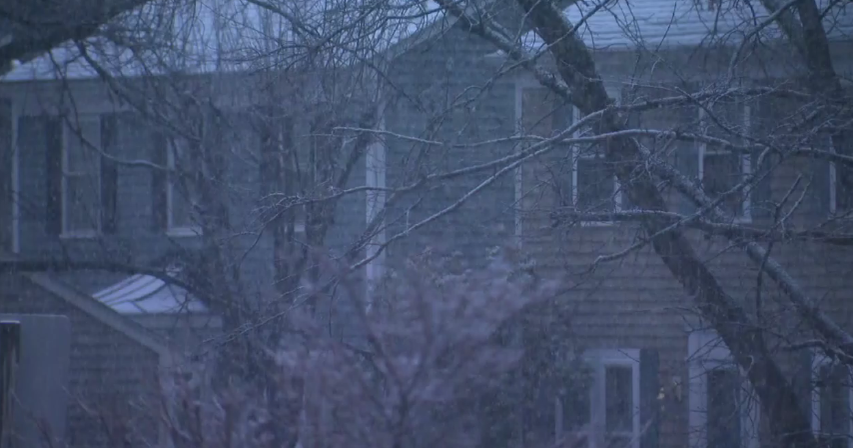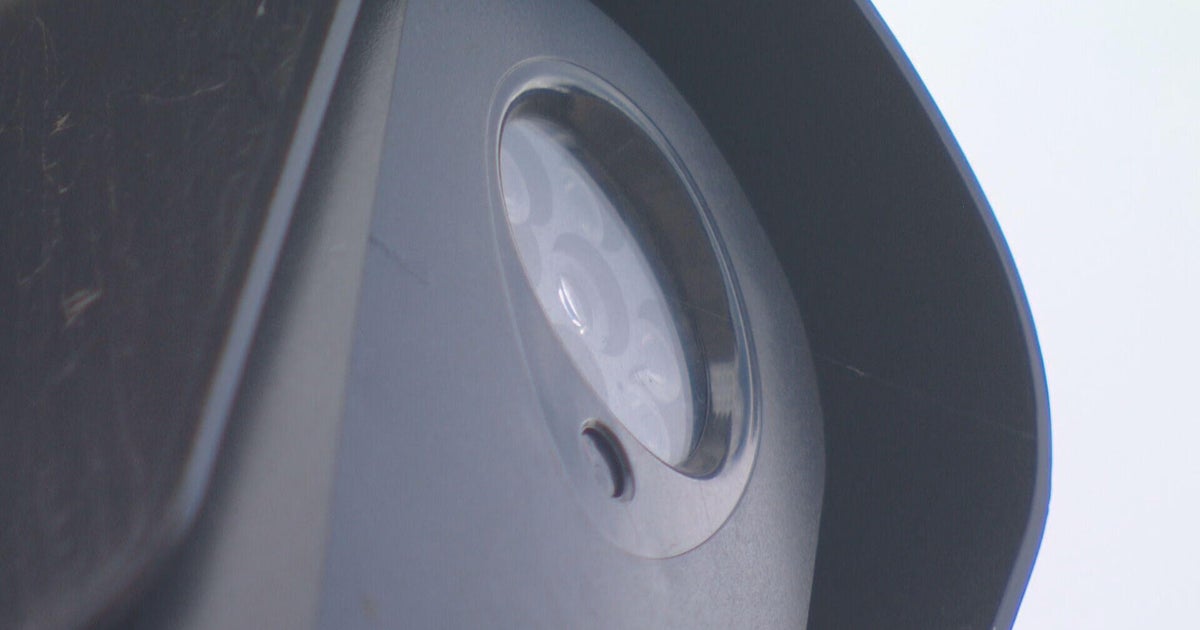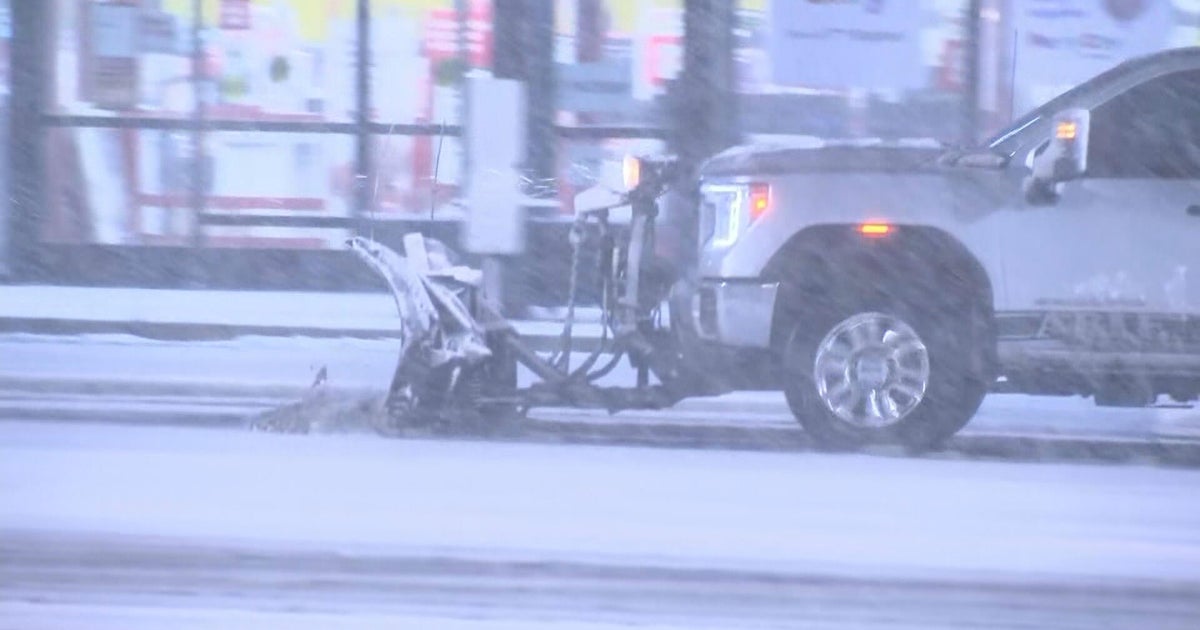Maryland officials discuss new weed laws that protect users
BALTIMORE -- Maryland has gone through a significant transition with the legalization of recreational marijuana, which went into effect just last week. At a press conference Thursday, Maryland's public defender discussed two new laws aimed at moving the state further away from the criminalization of cannabis.
Maryland Public Defender Natasha Dartigue discussed new laws relating to the legalization of cannabis during a press conference at the Center for Urban Families in Baltimore Thursday.
"It marks the end of using cannabis as the basis for police engagement or family separation," said Dartigue.
The Cannabis Odor law went into effect along with the legalization of recreational cannabis on July 1.
Sponsored by Del. Charlotte Crutchfield (D -Montgomery County), the odor law means the smell of cannabis no longer gives police probable cause to search a person or vehicle.
WJZ has covered Maryland's journey to weed legalization leading up to July 1. Now, adults aged 21 or older can legally possess and purchase cannabis for recreational use.
- Maryland dispensaries have record sales through first weekend of recreational marijuana legalization
- Weed legalization in Maryland: How we got here
- Weed warning: What police want you to know about impaired driving
Along with adult use legalization, there has also been changes to other cannabis policies. Police are no longer permitted to search a vehicle based solely on the odor of cannabis. Still, you can not legally smoke cannabis in public spaces, or while driving.
During the latest legislative session, a law preventing the legal separation of children from their parents based on the lawful use of cannabis without proof of harm to the child was also passed.
Dartigue said the new laws also allow people serving a sentence just for cannabis to be re-sentenced.
"Rest assured that our lawyers are on the front lines identifying and representing individuals who are incarcerated, most especially," Dartigue said. "To make sure we are resolving these issues."
The Redeem Act will go into effect on October 1. It reduces the cost and wait times for seeking expungement for certain convictions. Kevin Anderson is the manager of Down to Dust — a commercial cleaning company in Baltimore that hires previously incarcerated people. He said this would help break the cycle.
"This expungement helps us to hire more qualified people, men and women who can give something back to the community and won't be held back by their past," Anderson said.
Dartigue said changes to state cannabis policy are significant because previous legislation primarily impacted minorities in urban communities.
"Criminalization of cannabis has disproportionately impacted black and brown Marylanders," Dartigue said. "The truth is from 2015 to 2017 96% of arrestees in Baltimore alone for marijuana were Black."
Dartigue said that the Public Defender's Office is on the front lines of representing those who are incarcerated, and empowering those to know the law.
By July 1, 2024, all cases in which possession of less than 10 grams of cannabis is the only charge must be expunged.







